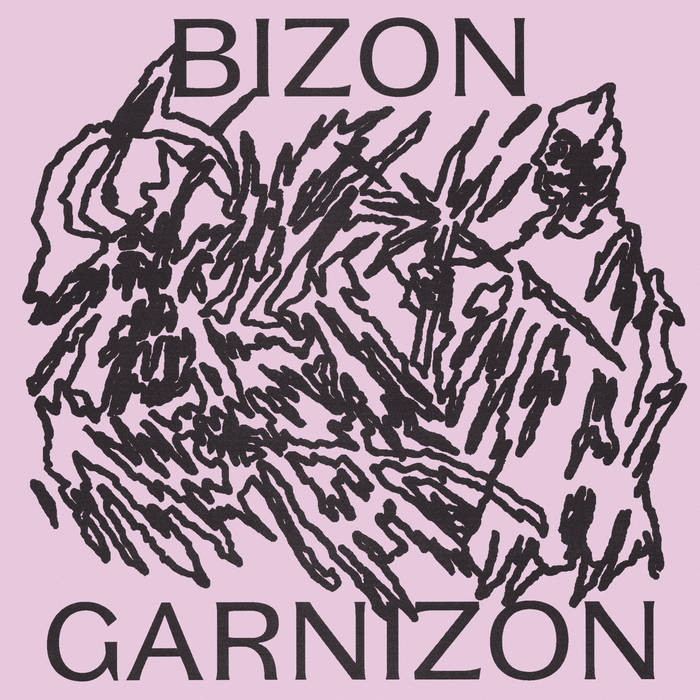Samo Par Godina Za Nas (“Only a Few More Years Left For Us“) is the fourth studio album from the iconic Ekatarina Velika, released in 1989 — just before the storm of the 1990s would reshape the region forever. With this record, EKV fully embrace the alternative rock sound they’d been steadily moving toward throughout the decade, pairing it with their unmistakable post-punk spirit. The result is one of their most enduring and recognisable albums.
Production-wise, this is peak EKV — helped in no small part by the legendary Suba, a Novi Sad native, cult producer, and close friend of frontman Milan Mladenović. His work here, alongside Yanni, is textured and thoughtful, adding a fine sheen to the band’s darker, urban sound. Suba undoubtedly left an indelible mark on the scene before departing to Brazil, where he’d go on to shape electronic music in his own right.
The album opens on a strong note with Iznad Grada (“Above the City“), a track steeped in gloom and decay — it’s got that slow, haunting post-punk feel that EKV always did so well. This vibe carries through into the colossal hit Krug (“Circle“) and the melancholic Srce (“Heart“), two of the band’s most recognisable tracks. While Srce might edge slightly more into pop ballad territory, there’s no denying its quality — a well-produced track with lovely touches of keyboard and longing vocals. These three songs serve as an emotional high point early on and form the backbone of the album.
The middle section maintains the energy, even if the magic dips slightly. Tracks like Sinhro (“Synchro“) and Nisam Mislio Na To (“I Didn’t Think About It“) lean back into post-punk and alt-rock, respectively, but don’t quite hit the heights of what came before. The latter is particularly guilty of overstaying its welcome — a relatively mundane track in comparison to the album’s peaks.
Thankfully, the album finds its footing again with the title track Par Godina Za Nas (“A Few More Years Left For Us“). Equal parts post-punk anthem and subtle political forecast, it’s one of EKV’s greatest songs — dark, prophetic, and anthemic in equal measure. It’s no surprise this was voted the number one Yugoslav track by B92 listeners in 2006. It captures the tension of the times, a sense of foreboding that, in hindsight, feels eerily accurate.
The closing run of tracks is more uneven. Amerika (“America“) and Ona I On I On I Ja (“Her, Him, Him, and I“) feel relatively uninspired — long, repetitive, and musically flat compared to what came before. But the band manages a late revival with Ona Mi Je Rekla (“She Told Me“) and Svetilište (“Shrine“). The former channels their earlier, darker sound and even introduces a stringed instrument you might hear on an ambient Brian Eno record (possibly a cello?) that adds a gorgeous tension. You expect the track to erupt — and it never does — but it still works in its own brooding way.
Svetilište, meanwhile, is a brief but beautiful closer, with Bojan Pečar’s bass line and Milan’s whispered vocals giving the album one last touch of ethereal atmosphere. Its short length, especially compared to the weaker tracks before it, remains a mystery — I’d have loved to see it explored further.
In the grand scheme of Ex-YU rock, Samo Par Godina Za Nas is a must-listen. While it may not be the band’s most innovative or experimental album, it’s arguably their most accessible and complete. It’s also a perfect portrait of the late ‘80s Yugoslav scene: a little sad, a little anxious, full of dark beauty and quiet resistance. That’s why it’s in my Ex-YU starter pack — and why it should be on your playlist.


